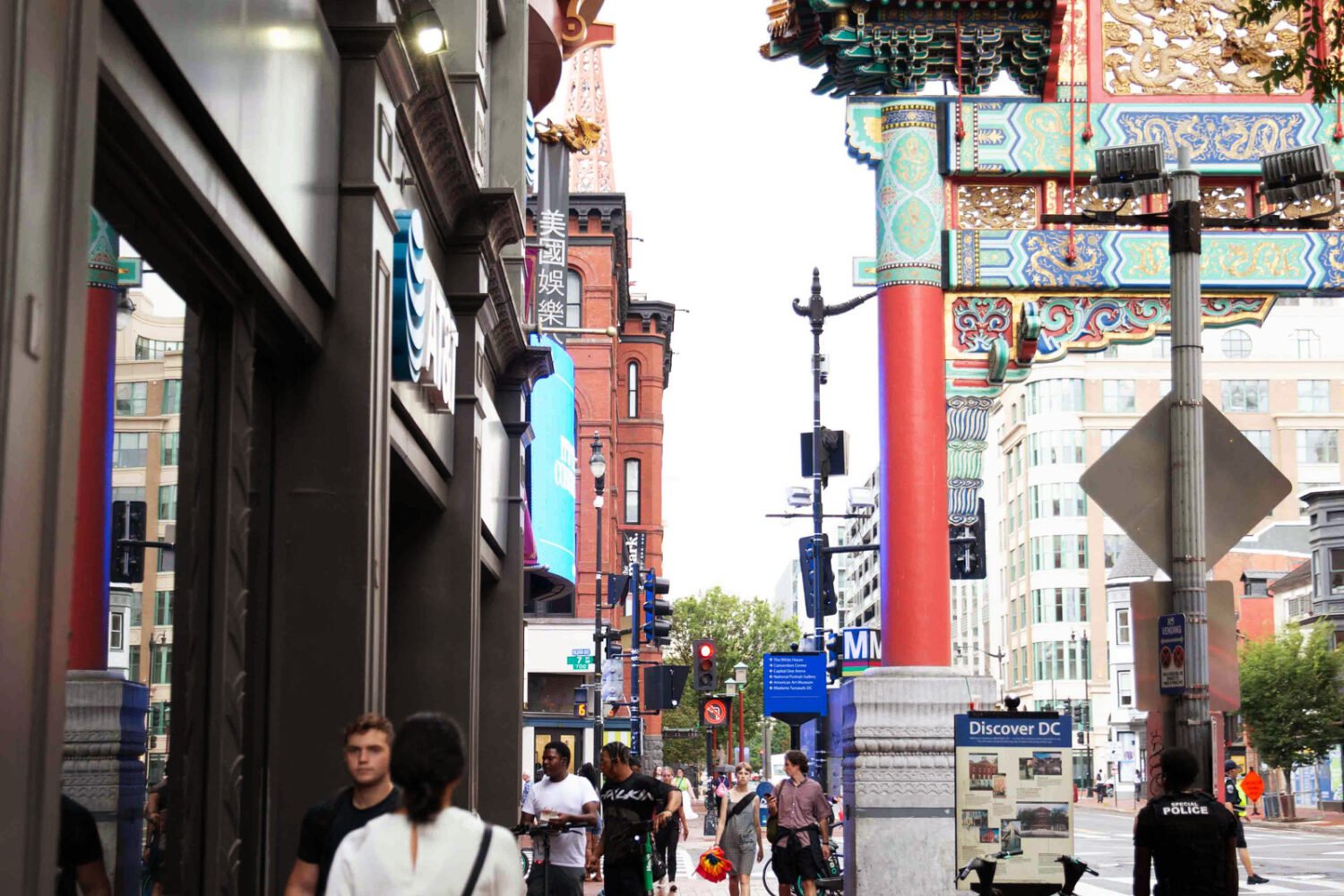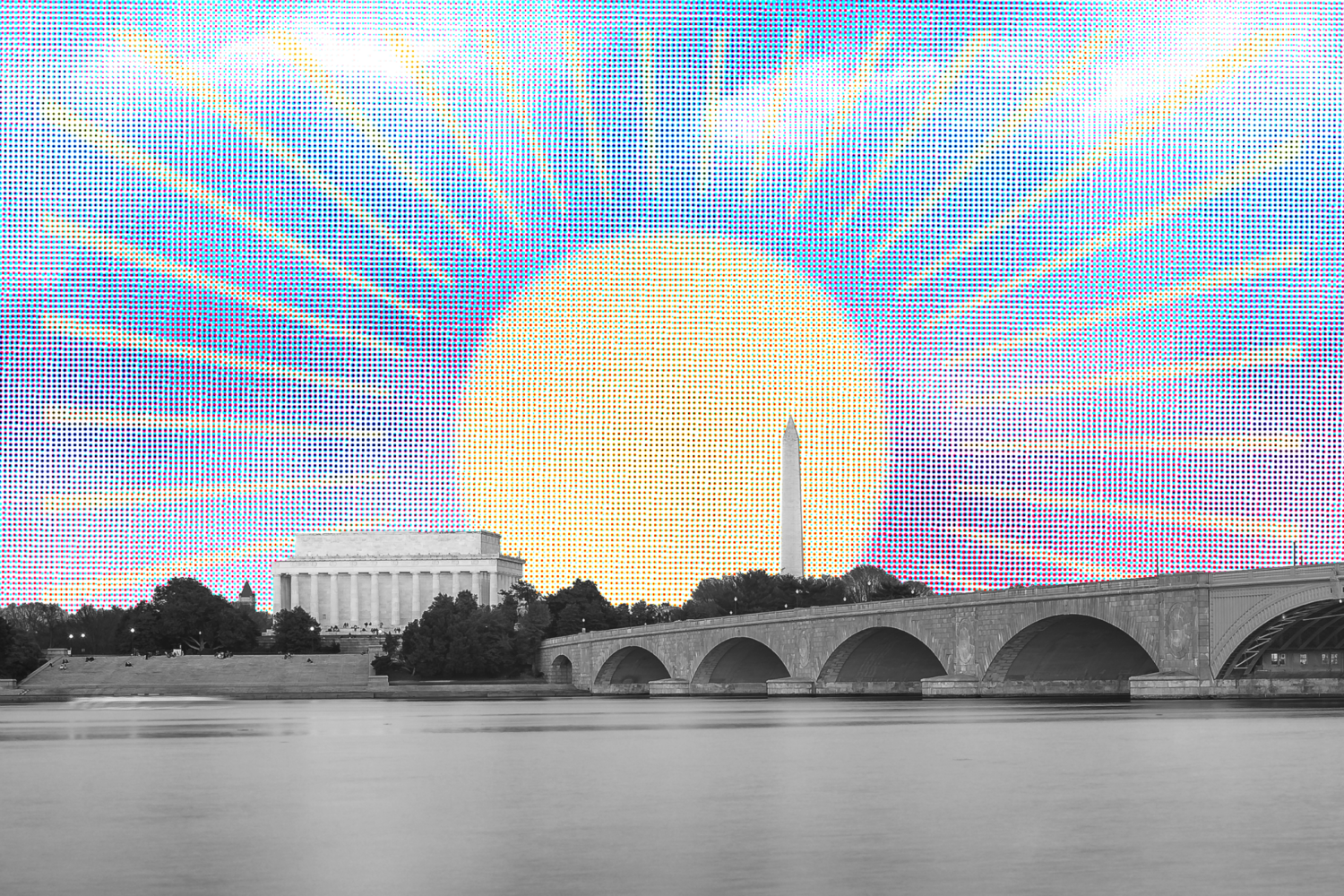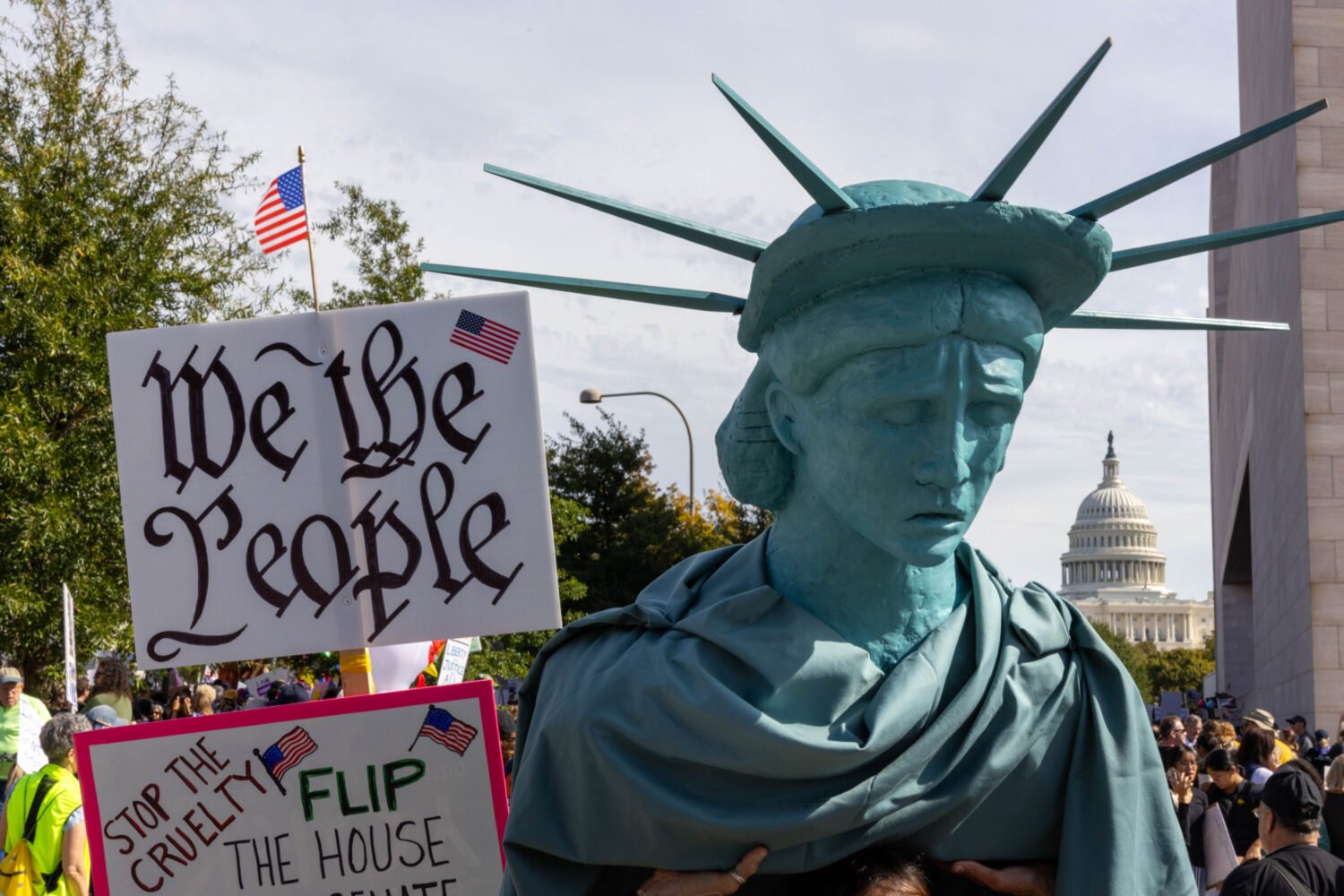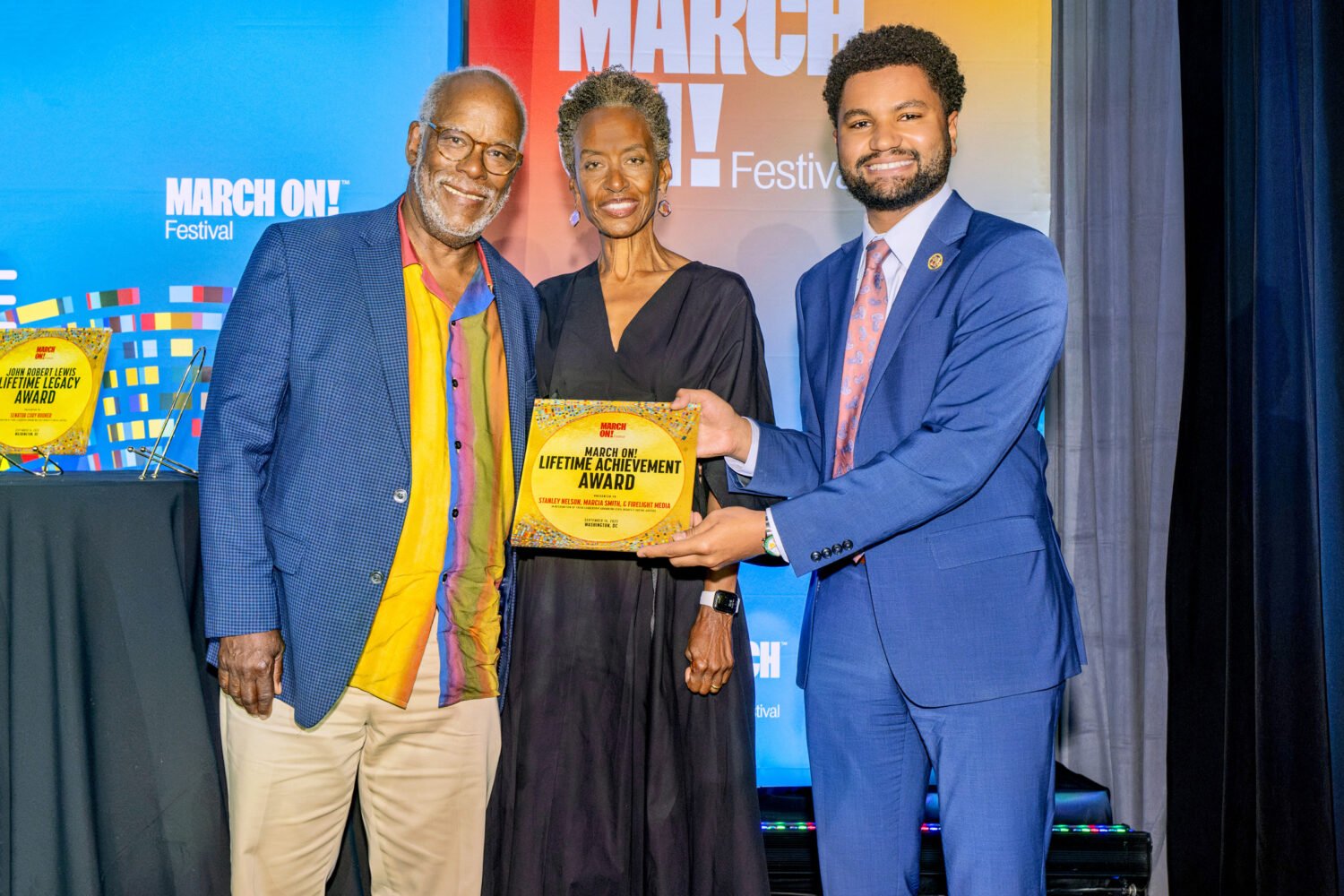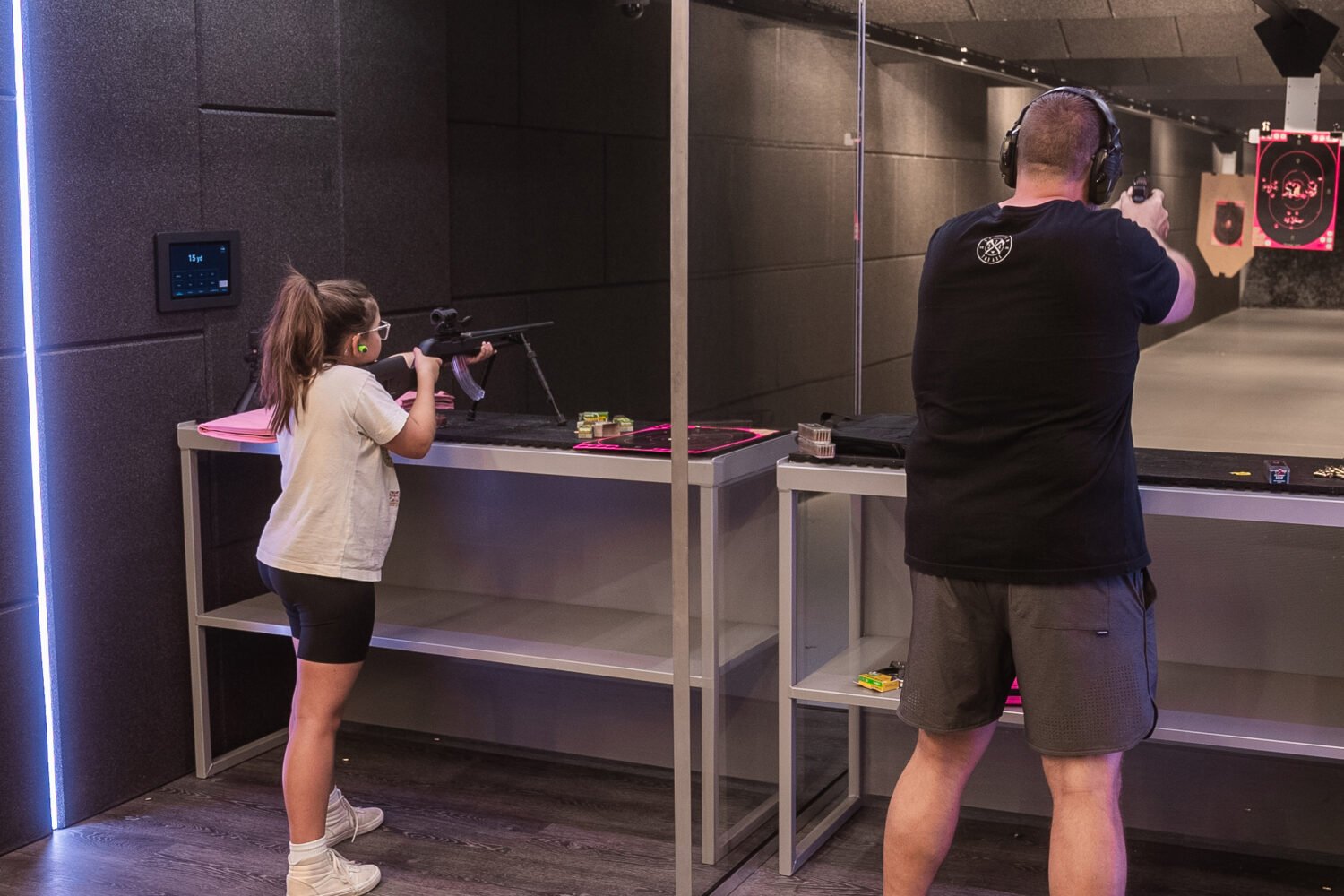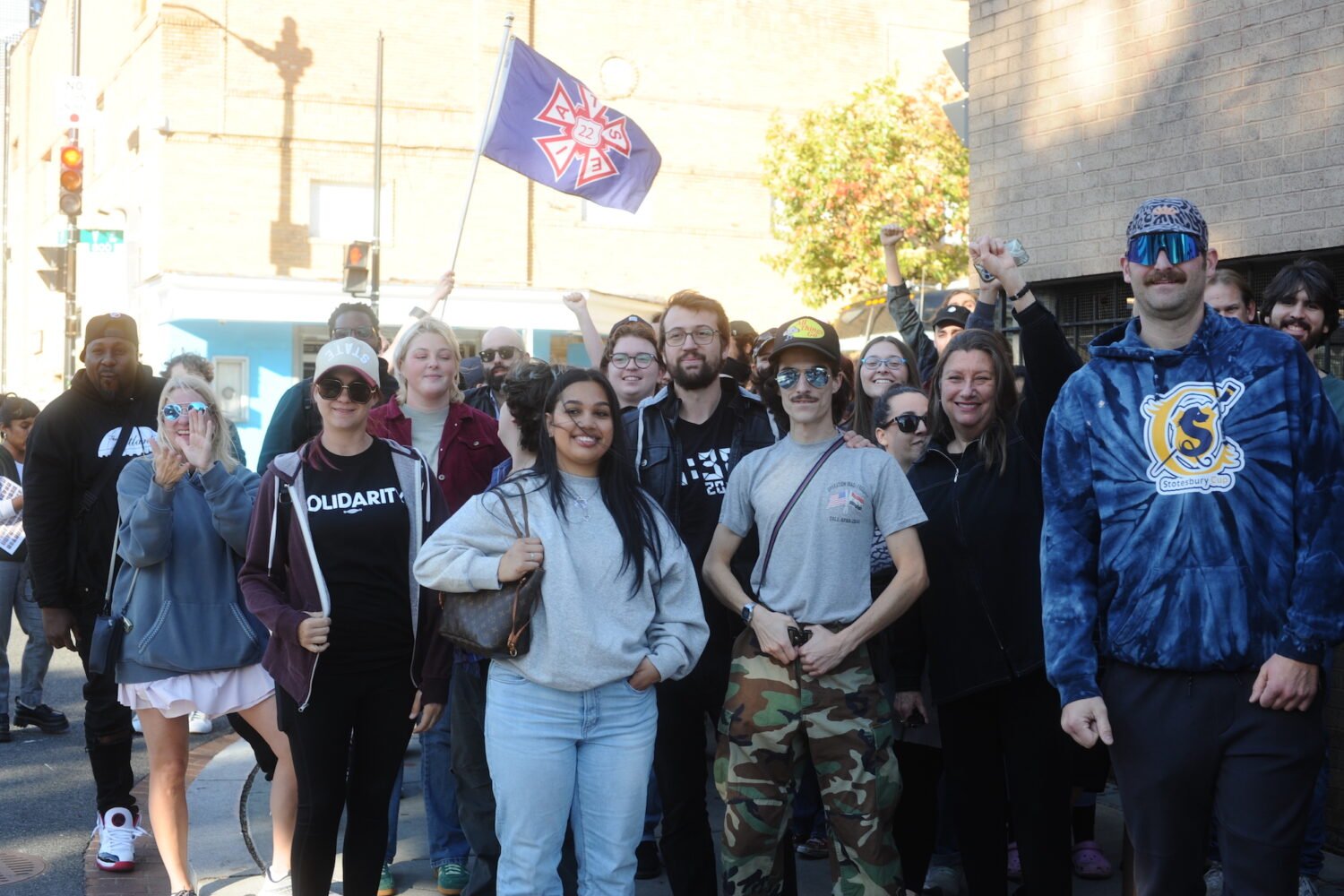When I moved to Washington, my friend Joe had been here eight weeks on a summer internship. He and I had gone to the same college in a small Ohio town. Most of the school belonged to a fraternity or sorority. Joe and I didn’t belong to any.
To help me navigate DC, he started with the Metro. On an escalator at the Dupont Circle station, he said: “Don’t stand on the left. The left side is for people who want to walk or run. They’ll yell at you if you stand on the left—and they’ll think you’re a tourist.” He lifted an eyebrow as if to say: “I know you think it’s ridiculous, but don’t say I didn’t warn you.”
I did think it was a little ridiculous. How many seconds would you save by racing to the top? Ten?
As for that town in Ohio, I hadn’t just left it; I had fled. It was pretty, and people were nice, but I got tired of answering questions like “How did you manage to escape from China?”
In Washington, almost everyone is from somewhere else. I hear at least three languages at any Starbucks. No one bothers to speak English slower to me.
I’ve been here more than three years now. I stand on the right side of the Metro escalators and wait for them to hoist me to the top. I’ve developed an inconsolable anger at people who stand on the left.
My reaction isn’t about saving time. It’s about preserving an etiquette agreed on and observed by all Washingtonians. It’s about protecting a norm that acknowledges that people have diverse needs and that all options should be kept open to accommodate them.
In a city with such a fluid population, etiquette and norms can be maintained only if they’re communicated. Doing so may seem condescending, but it’s not hostile—it’s just a way to help newcomers blend in.
Small-town and big-city America have different ways to say welcome. The former says, “You poor thing from a developing country, please enjoy America’s freedom and prosperity.” The latter says, “I won’t get in your business if you don’t get in my way.” I appreciate both, but I’m more comfortable with a city’s tough love.
Yet I’ve never spoken up and told the left-standers to move. When I have to raise my voice, I get nervous and my accent thickens, so what ought to sound righteous comes out as an unintelligible blur. When someone else finally shouts, “Could you please not stand on the left?” I feel justice is upheld.
One morning recently, I emerged from a train at the Capitol South station. The crowd split into two lines at the bottom of the escalator. People who wanted to wait to be heaved up moved to the right. Those who needed to rush charged along the left. I inched toward the right, ready to enjoy 20 seconds of doing nothing.
The hustling rhythm halted abruptly when a man in front of me stepped onto the escalator and stopped on the left side. He wore a T-shirt and jeans and carried a backpack. His head hung over a map.
I cleared my throat and said loudly, “Excuse me!” I jabbed my thumb toward the right: “Would you mind?” He appeared startled and scrambled to move out of the way.
I had completed a rite of passage. I had defended the law of my city.
This article is from the June 2008 issue of The Washingtonian. For more articles from the issue, click here.

